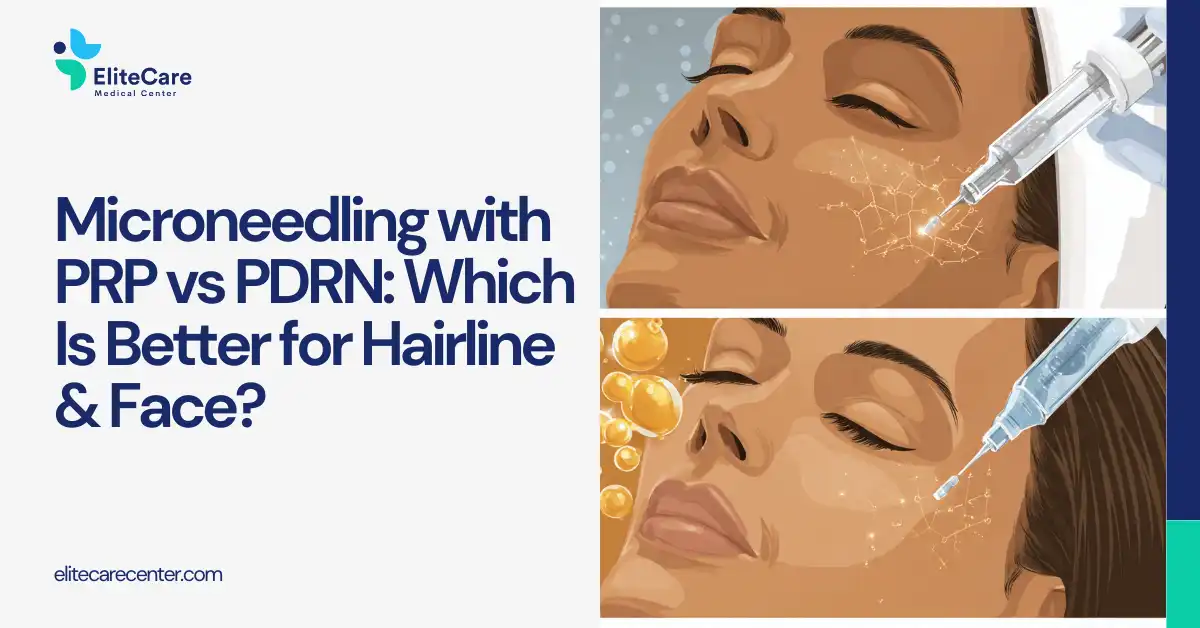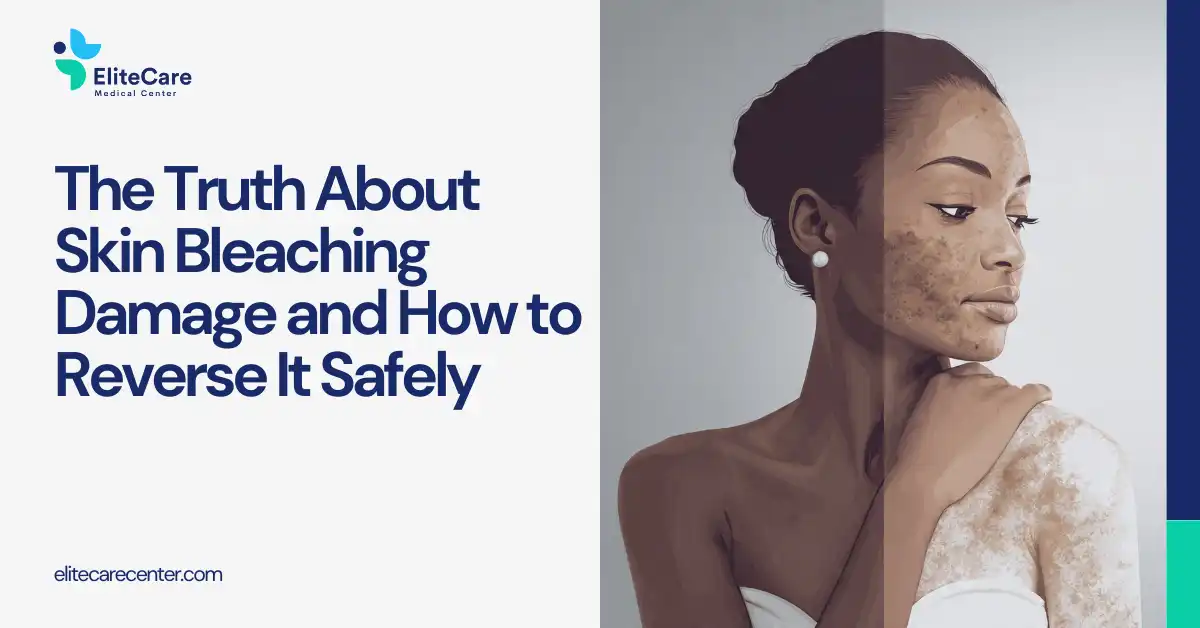If you or your partner have been diagnosed with genital warts, one of the first questions that likely comes to mind is: Are genital warts contagious? The short answer is yes—genital warts are a common and highly contagious sexually transmitted infection (STI) caused by certain strains of the human papillomavirus (HPV).
In this article, we’ll break down how they spread, when they’re most contagious, and how you can protect yourself and others.
What Are Genital Warts?
Genital warts are soft growths that appear on or around the genital and anal areas. They are caused by low-risk strains of HPV, most commonly HPV types 6 and 11. While they are generally not dangerous, they can cause discomfort and emotional distress.
Are Genital Warts Contagious?
Yes, genital warts are very contagious, especially during sexual contact. The virus can be transmitted even when warts are not visible, which makes HPV easy to spread without knowing.
How They Spread:
- Skin-to-skin contact during vaginal, anal, or oral sex
- Genital contact without penetration
- Sharing sex toys that aren’t cleaned or covered with a condom
- Rarely, from a pregnant person to baby during childbirth
Contagious Even Without Symptoms?
Yes. Even if there are no visible warts, an infected person can still pass on the virus. This is called asymptomatic shedding of HPV.
Who Is at Risk?
Anyone who is sexually active can contract genital warts, but risk increases with:
- Having multiple sexual partners
- Not using protection
- A weakened immune system
- Having sex with someone whose STI status is unknown
How to Reduce the Risk of Transmission
- Use condoms or dental dams: They lower risk but don’t offer 100% protection.
- Get vaccinated: The HPV vaccine (Gardasil 9) protects against the strains that cause most genital warts.
- Avoid sexual contact during outbreaks
- Regular STI testing and open conversations with partners
What to Do If You Think You’ve Been Exposed
- Don’t panic—genital warts are treatable.
- See a healthcare provider for a proper diagnosis.
- Avoid sexual contact until you’ve been assessed.
- Talk to your partner—open communication is key.
Final Thoughts
Genital warts are contagious, but with the right knowledge and precautions, you can significantly lower your risk of transmission. If you’re experiencing symptoms or have concerns, don’t hesitate to speak with a medical professional. Early detection and treatment can help prevent complications and protect both you and your partners.
Book Consultation with Elitecare Center
Concerned about genital warts or other STIs? Book a confidential consultation with Elitecare Center today. Our compassionate experts are here to help you stay informed, protected, and in control of your sexual health.
















